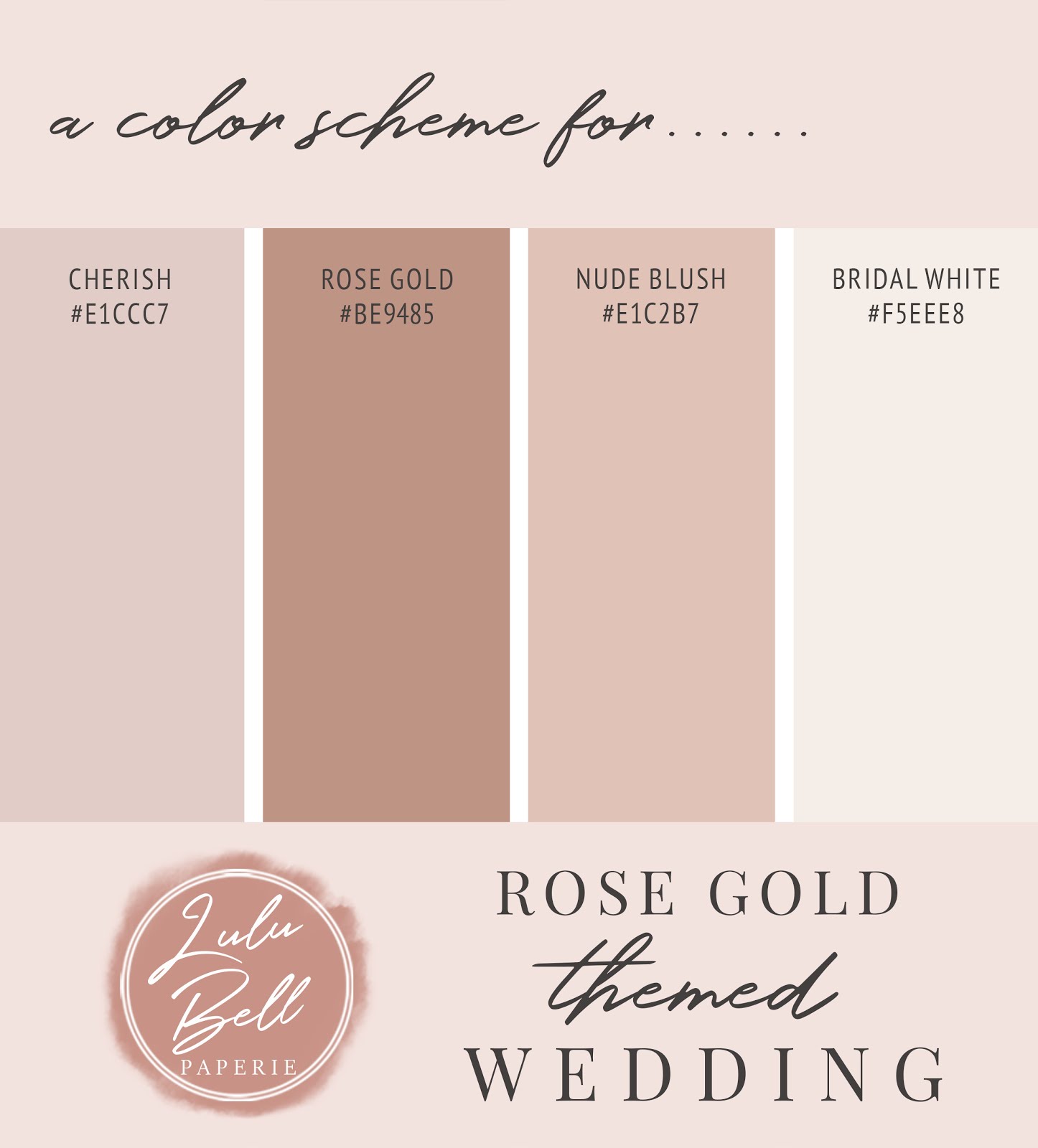Unlocking the Secrets of Rose Gold Hues: Codes, Meanings, and Inspiration
Ever wondered about the captivating allure of rose gold? This delicate metallic hue has taken the design world by storm, gracing everything from smartphones to jewelry. But beyond its aesthetic appeal, what exactly is the story behind this trending shade? This comprehensive guide will delve into the fascinating world of rose gold, exploring its origins, significance, and the various numerical representations used to define its unique shimmer.
The term "rose gold color number" refers to the different systems used to identify and reproduce this specific shade. Whether you're a designer, artist, or simply fascinated by color, understanding these numerical representations – such as hex codes, RGB values, and CMYK values – is crucial for accurately representing and working with rose gold in digital and print media.
Unlike traditional gold, which derives its yellow hue from silver and copper alloys, rose gold gains its pinkish cast from the addition of copper. The proportion of copper determines the intensity of the pink, ranging from a subtle blush to a rich, rosy tone. This interplay of metals creates a warm, inviting aesthetic that has captivated audiences across various industries.
The popularity of rose gold isn't a recent phenomenon. While its resurgence in modern design is undeniable, this charming hue has historical roots. From early Russian jewelry known as "Russian gold" to its rise in prominence during the Art Deco period, rose gold has enjoyed periods of popularity throughout history. Today, it continues to be a sought-after choice for everything from wedding bands to tech gadgets.
So, what makes rose gold so appealing? Its versatility is undoubtedly a key factor. The soft, romantic nature of the color makes it suitable for a wide range of applications. Whether used as an accent or a dominant color, rose gold adds a touch of elegance and sophistication. It's this unique blend of warmth and refinement that has solidified its place as a timeless and enduring shade.
Rose gold's history is intertwined with jewelry making, particularly in Russia during the 19th century. It gained popularity in the West during the Art Deco period, becoming a symbol of luxury and glamour. Today, this delicate shade maintains its association with elegance and is frequently used in high-end products and designs.
Representing rose gold digitally involves using color codes. The most common are hex codes (e.g., #B76E79), RGB values (e.g., 183, 110, 121), and CMYK values. These numerical representations allow designers and artists to accurately reproduce the shade across different platforms and media.
One benefit of using rose gold is its ability to convey a sense of luxury and sophistication. For example, a rose gold logo can elevate a brand's image, while a rose gold watch can add a touch of elegance to an outfit.
Another advantage is its versatility. Rose gold complements a wide range of colors, from deep blues and greens to neutral tones like white and gray. This makes it a flexible choice for various design projects.
Lastly, rose gold offers a modern twist on traditional metallics. It's a fresh and contemporary alternative to gold and silver, allowing designers to create visually striking and up-to-date aesthetics.
When working with rose gold, consider pairing it with complementary colors and textures. Marble, for instance, can create a sophisticated contrast, while soft pastels can enhance its romantic qualities.
Advantages and Disadvantages of Rose Gold in Design
While rose gold offers many advantages, there are also some potential drawbacks to consider.
| Advantages | Disadvantages |
|---|---|
| Elegant and sophisticated | Can be perceived as overly feminine in some contexts |
| Versatile and complements various colors | Trend-driven, its popularity might fluctuate |
| Modern and contemporary | Can be challenging to match precisely across different mediums |
Five best practices for implementing rose gold include considering the target audience, using it strategically as an accent or dominant color, pairing it with complementary colors, testing it across different devices and media, and ensuring its accessibility for users with visual impairments.
Real examples of rose gold's use include Apple's rose gold iPhone, jewelry brands featuring rose gold rings and necklaces, interior design elements like rose gold light fixtures, and graphic design incorporating rose gold typography.
Challenges related to rose gold might include maintaining consistency across different production processes and ensuring the color remains vibrant over time. Solutions involve using standardized color codes and selecting high-quality materials.
FAQs about rose gold might include questions about its composition, how it differs from other gold alloys, how to care for rose gold jewelry, and its suitability for different skin tones.
Tips and tricks for using rose gold include experimenting with different finishes, considering the surrounding lighting, and using it sparingly to maximize its impact.
In conclusion, rose gold, with its captivating blend of warmth and elegance, continues to hold a prominent place in the design world. Understanding the various rose gold color numbers, whether hex codes, RGB, or CMYK, is crucial for anyone seeking to harness its unique aesthetic. From its historical origins to its modern applications, rose gold's versatility allows it to seamlessly integrate into a multitude of creative projects. By understanding the nuances of this alluring metallic hue and utilizing the tips and resources outlined above, you can confidently incorporate the captivating charm of rose gold into your own designs, adding a touch of timeless sophistication to any endeavor. Start exploring the world of rose gold today and unlock the creative potential of this beautiful and enduring color.
Unlocking linguistic puzzles mga halimbawa ng mga bugtong
Redwood falls mn jail
Effortlessly chic casual clothing guide for women over 65














